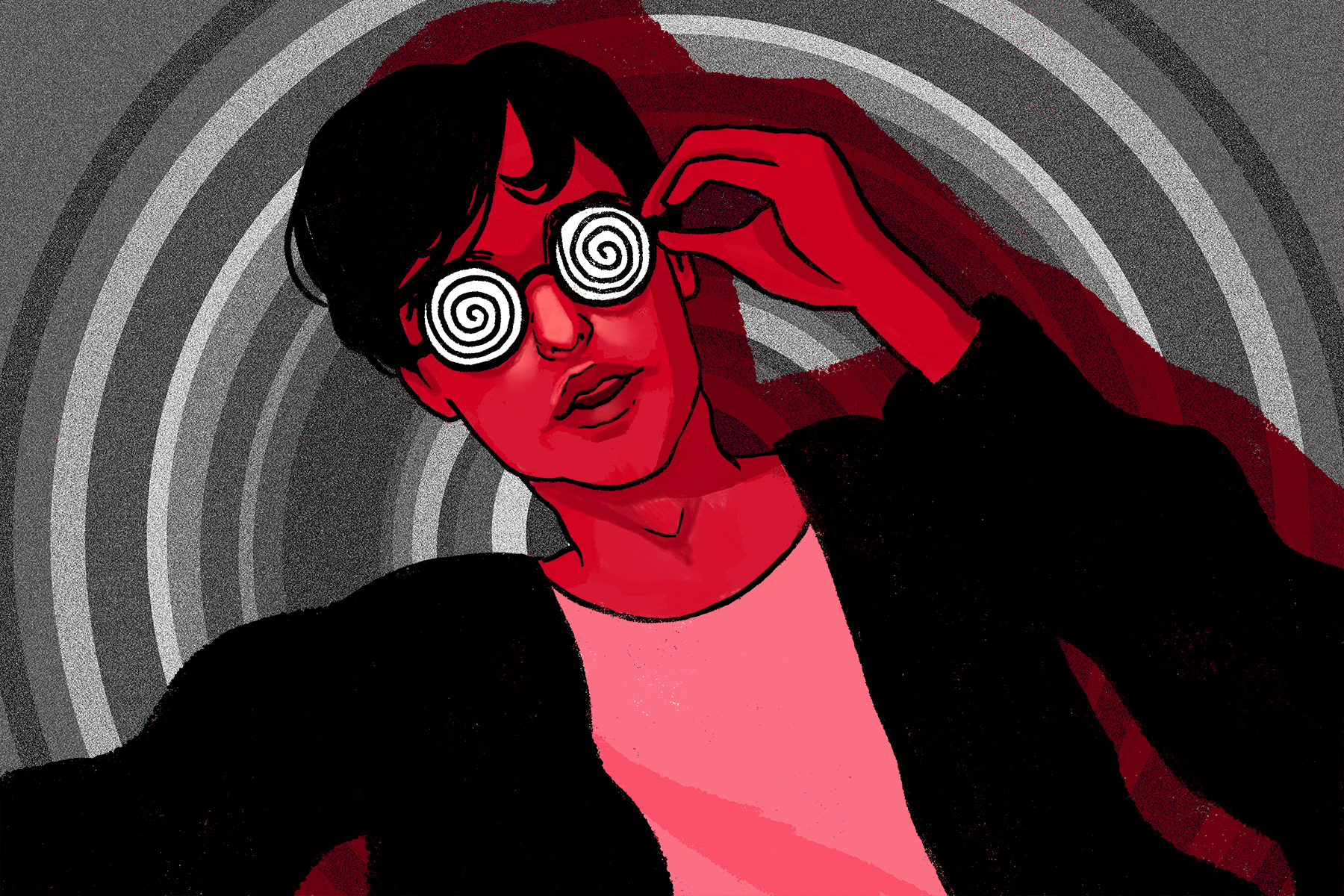Joji’s sophomore album, “Nectar,” just dropped, and with it, the Japanese Australian musician takes one more step in his evolution from comedian to pop artist. He has created a lengthy, explorative album with 18 songs and famous guests, including Diplo, Omar Apollo and Lil Yachty. While the album’s sound is beautiful, it is too weighted with Joji’s attempt to act as a serious artist.
Joji is the stage name of George Kusunoki Miller. His music has been defined as a blend of trap, folk, electronic and R&B — a wide range of genres. He’s an artist fit for this decade, where the very separate genres of hip-hop and electronic music have begun to grow together into an entirely new lo-fi sound. The elegant sounds of “Nectar” are made to be played at night. The lyrics are often thoughtful and introspective, and the songs mostly possess gentle beats. The hints of experimental musicality make it perfect for driving around a city and seeing it with new eyes. Despite these strengths, the 18-song album is too lengthy for its content. It grows repetitive, and many of the later songs fail to go into emotional depth.
The album begins strong with Joji charting a clear emotional and musical trajectory. “Ew,” the first track, is a slow, crooning piano ballad. The song’s title could allude to the bitter taste of “Nectar.” He sings, “I can’t believe that I’m not enough,” referring to his desire for a lasting relationship. You could extend this to Joji’s relationship with his listeners. Baring his soul on an album shows vulnerability, yet also egotism, in that he believes he is worth listening to. He wants his audience to love and respect him, yet he makes fun of himself with the title “Ew.”
On the album’s second song, “MODUS,” he explicitly states the album’s purpose as an independent pop star. He resents the music industry trying to mold him into a pop star, singing “I don’t feel the way they programmed me to feel today.” He wants to craft his own narrative in the album, continuing the theme presented in the first song. So far, so good on not being the “machine” he laments in the album.
The following songs on the album are more upbeat in tempo. The album grows toward an emotional center. Joji is at his peak in “Tick Tock” particularly. He sings about time wasting away — a sad topic that intentionally mismatches with the tempo. The tension between the lyrics and the beat indicates that he’s not actually unhappy with the situation. The album’s single “Gimme Love” also successfully plays with sound. The song starts out uncharacteristically upbeat but slows down, almost becoming a different song halfway through.
The next few songs are interesting enough. The lo-fi sound that he’s known for is successful in the first half of the album because he plays with it and tries out new patterns. However, after “High Hopes,” the halfway point of “Nectar,” the songs start to blend together. The emotional arc feels like it peaks at “Gimme Love,” and then sort of peters out instead of ending in a conclusive way. Joji’s intimate self-reflection begins to sound like self-obsession. Most of his songs focus on romantic interests, yet he never sings about their personalities, why they hurt him or what they do when they spend time together. Instead, he talks about being in love, or wanting a no-strings-attached relationship, or being heartbroken. This is not abnormal for artists, but some discussion of why he fell in love (or not) would give him more emotional depth.
Another failure of the album is that while he has six guests, including some big names like Diplo and Lil Yachty, it appears like he’s using them to beef up his pop status. Of course, Joji is trying to build a career and define himself in this album, and it’s fair to want to lean on someone else’s fame. However, collaborations are ultimately for making something new with two different creative styles. It’s not enough to just slap a name onto the song’s title.
Diplo being featured on “Daylight” is somewhat successful, in that the song sounds more like EDM than the rest of Joji’s music — but barely. The song “Pretty Boy” features Lil Yachty but he could just as easily not be on the track. The most successful combination is on “Reanimator,” which features the experimental artist Yves Tumor. The song is near the end of the album and brings “Nectar” out of the emotionless rut it entered halfway through. The song’s weird, and definitely not something you would play at a party, but it’s engaging and fun to listen to.
The final two songs of the album, “Like You Do” and “Your Man,” round out the album’s arc. “Like You Do” is particularly successful. It’s another piano ballad like “Ew.” The parallels between the songs are more than just musical. Joji sings “They don’t love me like you do,” echoing how in “Ew” he relied on someone else. Again, one could expand this from him singing about a lover to singing about his audience. He’s obsessed with people caring about his music and listening to him. At the closing of the album, it sounds like a thank you for listening.
Joji’s obsession with his audience is also clear in the music videos. They seem to play into his weirder, experimental side. Many are shot with a grainy quality, and none have a clear storyline. Images flash in front of your eyes that are sort of related, blinking from image to image and leaving emotions rather than plot behind. Astronauts are a recurring motif throughout. One could extrapolate this to mean that he’s trying to jump into the pop stratosphere with his music, yet he knows it’s dangerous. But despite how fun it is to watch weird music videos, and wonder at exactly what Joji was thinking, that’s all the videos are: weird.
In “Nectar,” Joji defines himself as an alternative musician ready for mainstream success. While there are some weaker points in the album, most of the songs are powerful and bewitching.

















